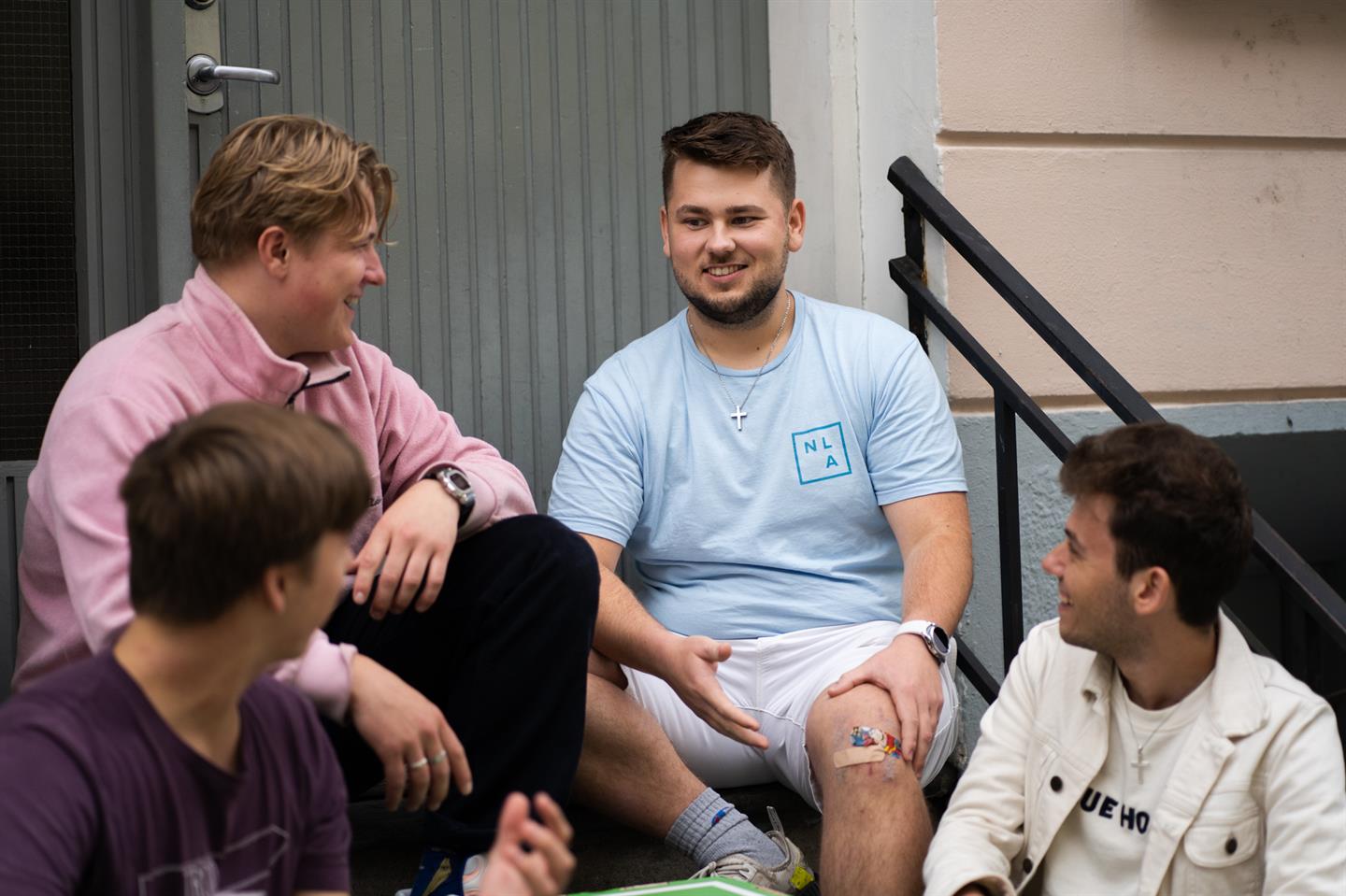
Starting to study in Bergen
Pedagogical Leadership in Early Childhood Education
We welcome all new international students to the orientation days 3-5 January on Campus Kalfaret (Address: Kalfarveien 31). This will be announced separately by the International Office.
View the Programme description for more information about the full semester programme. Please find more details about the course content through this link (BLFORP).
When you have activated your student account, all the necessary information will be available on Canvas.
Any questions?
Contact student consultant:
Jorunn Bernssen
E-mail: jorunn.bernssen@nla.no
Phone: +4755536923
Intercultural Studies Master
IKF303 Project Development and Applied Intercultural theories
Schedule: IKF303_2024 VÅR
First lecture: Wednesday, 10 January 2024
IKF304 Socio-Cultural and Regional Specialisation
Schedule: IKF304_2024 VÅR
First lecture: Wednesday, 10 January 2024
Any questions?
Contact student consultant for Intercultural Studies:
E-mail: Nathalie.Monsen@nla.no
Phone: 55 54 07 85
Intercultural studies
We welcome all new international students to the orientation days 11-12 January on Campus Sandviken (Address: Amalie skrams vei 3). This will be announced seperately by the International Office.
When you have activated your student account, all the necessary information will be available on Canvas.
The courses for the semester programme is IKF210, IKF227, IKF225.
IKF210 Worldview
Schedule: TimeEdit NLA Høgskolen - IKF210_2024 VÅR, Worldview First lecture: Friday, 12. January 2024
IKF227 Diversity and Conviviality in contemporary societies
Schedule: TimeEdit NLA Høgskolen - IKF227_2024 VÅR, Diversity and Convivial...
First lecture: Tuesday, 06. February 2024
IKF225 Intercultural Approaches to Human Rights
Schuedule: TimeEdit NLA Høgskolen - IKF225_2024 VÅR, Intercultural Approache...
First lecture: Wednesday, 31. January 2024
Any questions?
Contact student consultant for Intercultural Studies:
E-mail: Nathalie.Monsen@nla.no
Phone: 55 54 07 85